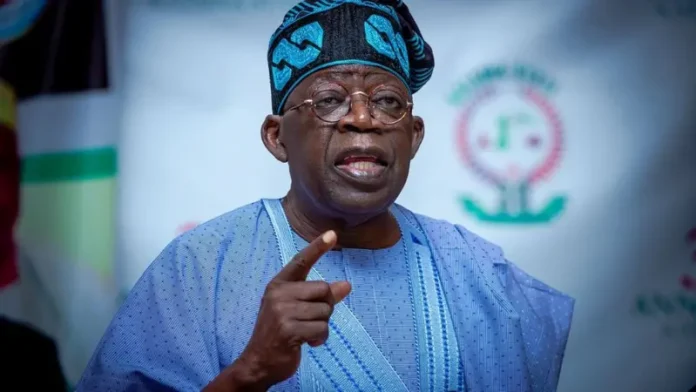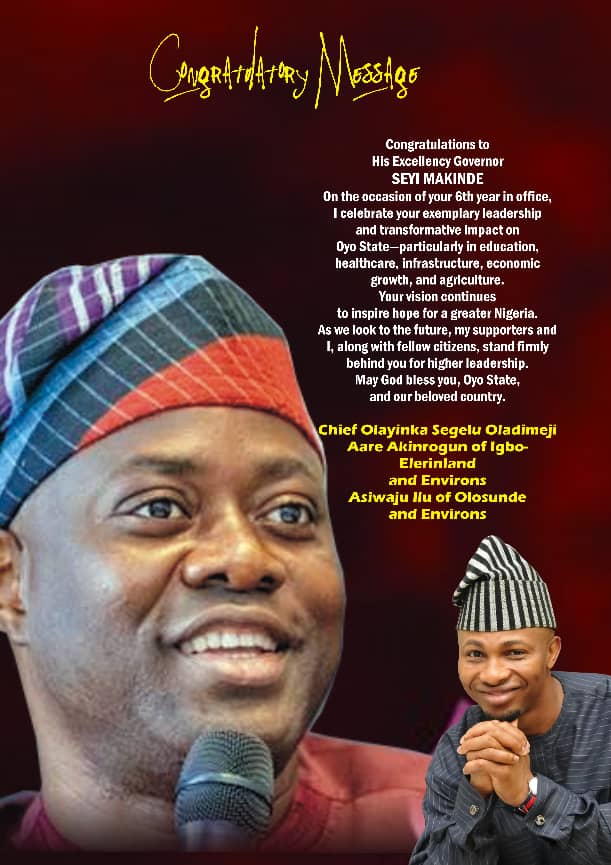President Bola Tinubu has declared an unwavering commitment to tax reforms despite intense opposition from various quarters, especially northern governors and lawmakers who argue that the reforms could marginalize their region economically.
Speaking during his first media chat on Nigerian Television Authority, Tinubu stated that the reforms aim to modernize the nation’s tax framework, widen the tax net, and reduce dependency on outdated, colonial-era systems.
He stated that the reforms are pro-poor, targeting tax evaders while exempting the vulnerable.
The tax reform bills, introduced in September, have faced backlash from northern leaders who criticized the speed of their legislative process and warned of potential economic drawbacks.
Despite calls for broader consultations, including recommendations from the National Economic Council to withdraw the bills, Tinubu insisted that delaying reforms would only postpone inevitable challenges.
Tinubu also defended the removal of the fuel subsidy, describing it as a necessary decision to secure the nation’s financial future.
He slammed phased subsidy removal as ineffective, urging Nigerians to adapt to available resources and reduce wasteful spending.
Highlighting his administration’s economic plans, Tinubu reaffirmed his target to reduce inflation from 34% to 15% by boosting local production and cutting imports, particularly in agriculture and manufacturing.
He also dismissed suggestions to shrink his cabinet, stating that all appointees were vital to his agenda.
On recent tragic stampedes during palliative distributions, which claimed multiple lives, Tinubu blamed the incidents on poor event organization and urged societal discipline.
Reflecting on his administration’s fight against corruption, he pointed to reforms, such as subsidy removal, increased minimum wage, and student loans, as tools to curb corrupt practices.
He also cited the recent recovery of assets from a former Central Bank governor as evidence of his anti-corruption drive.
Tinubu stressed that agricultural production, rather than price control, was key to tackling high food prices. He reiterated his commitment to fostering self-reliance in food production and ensuring Nigeria’s resources are used effectively to benefit future generations.



